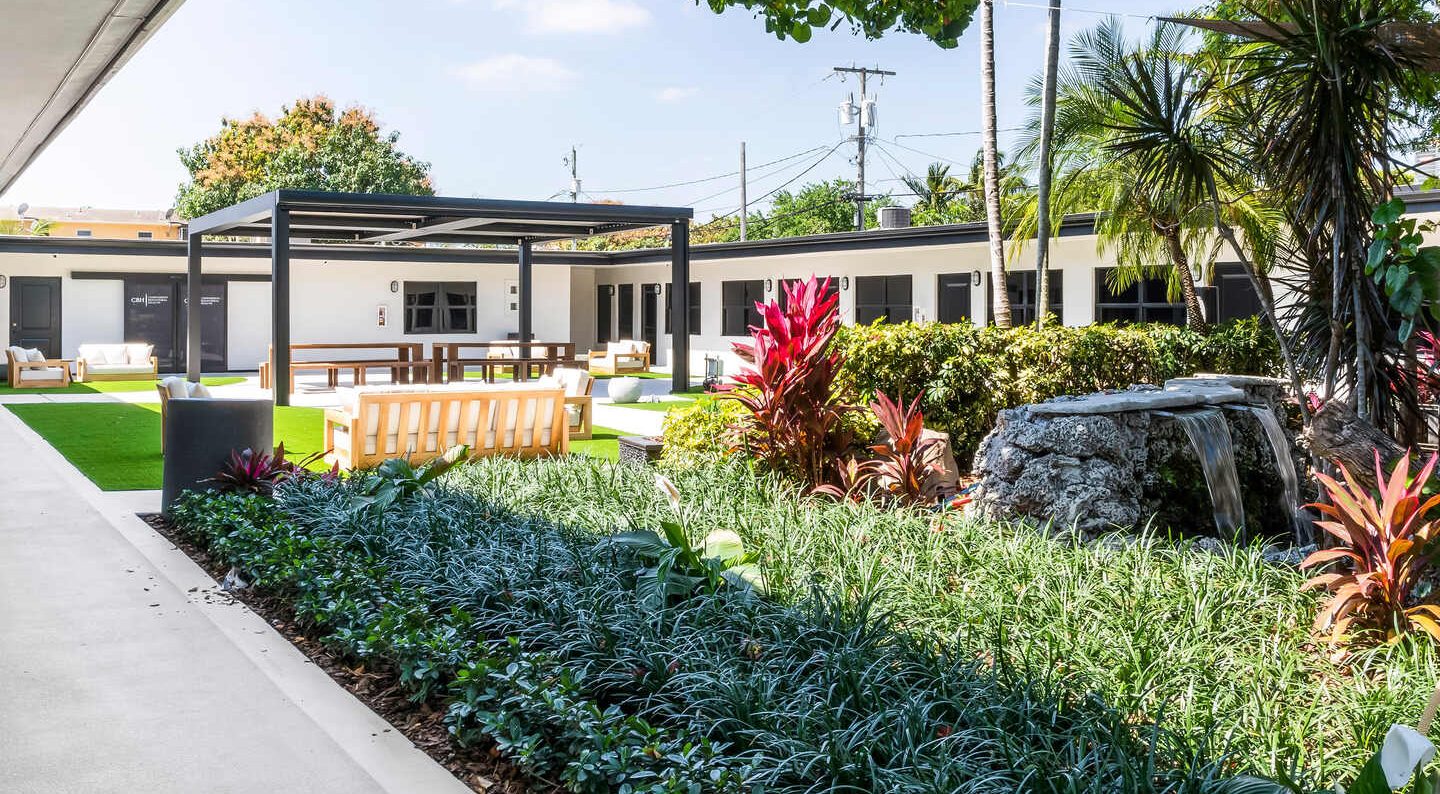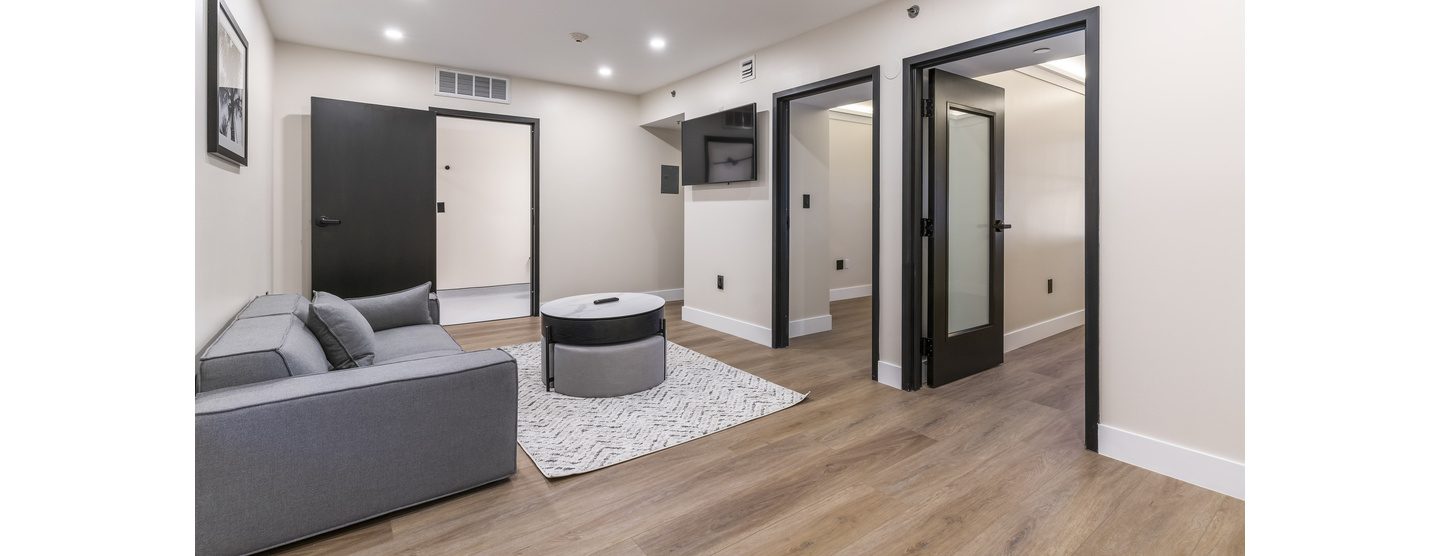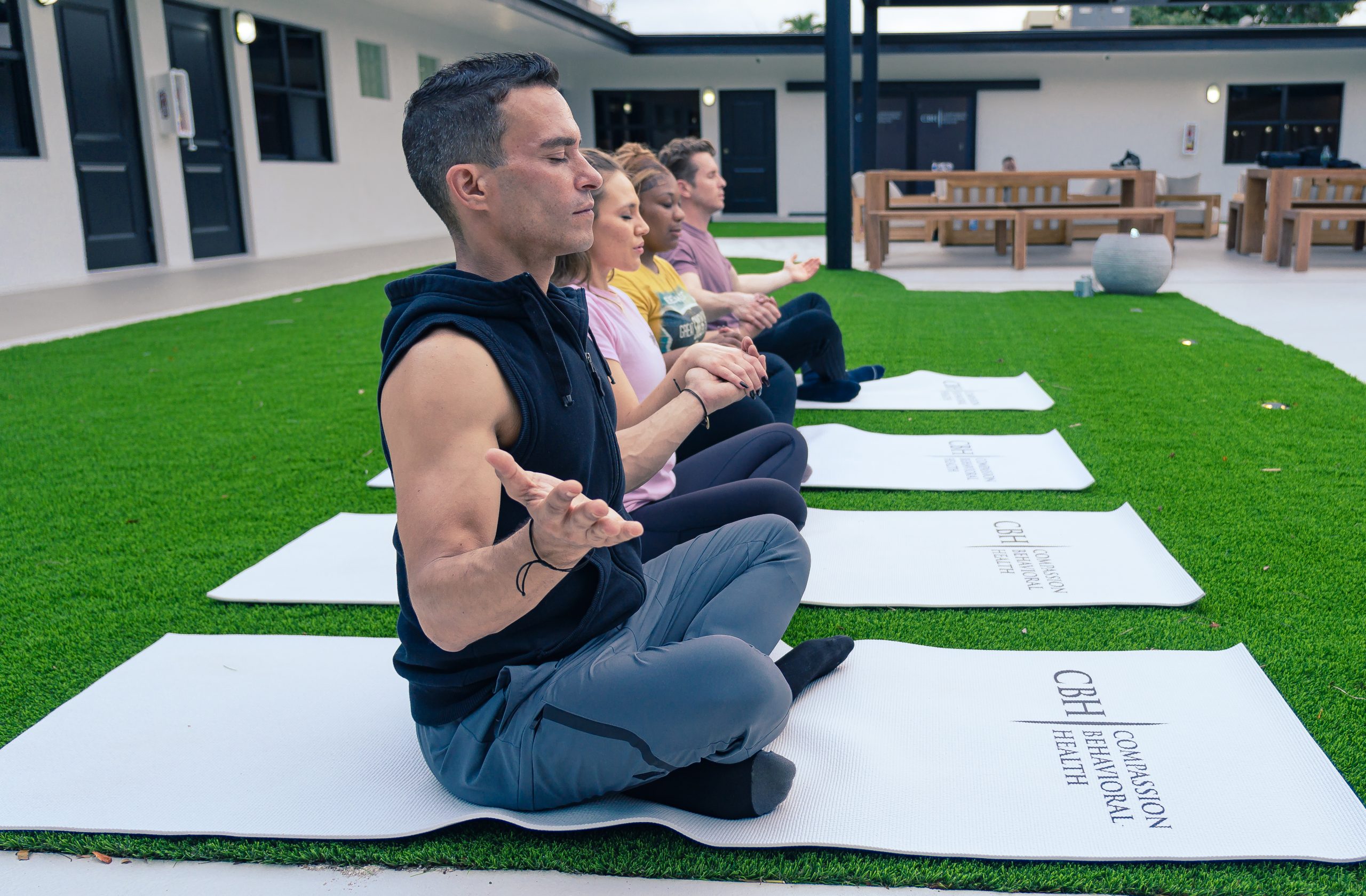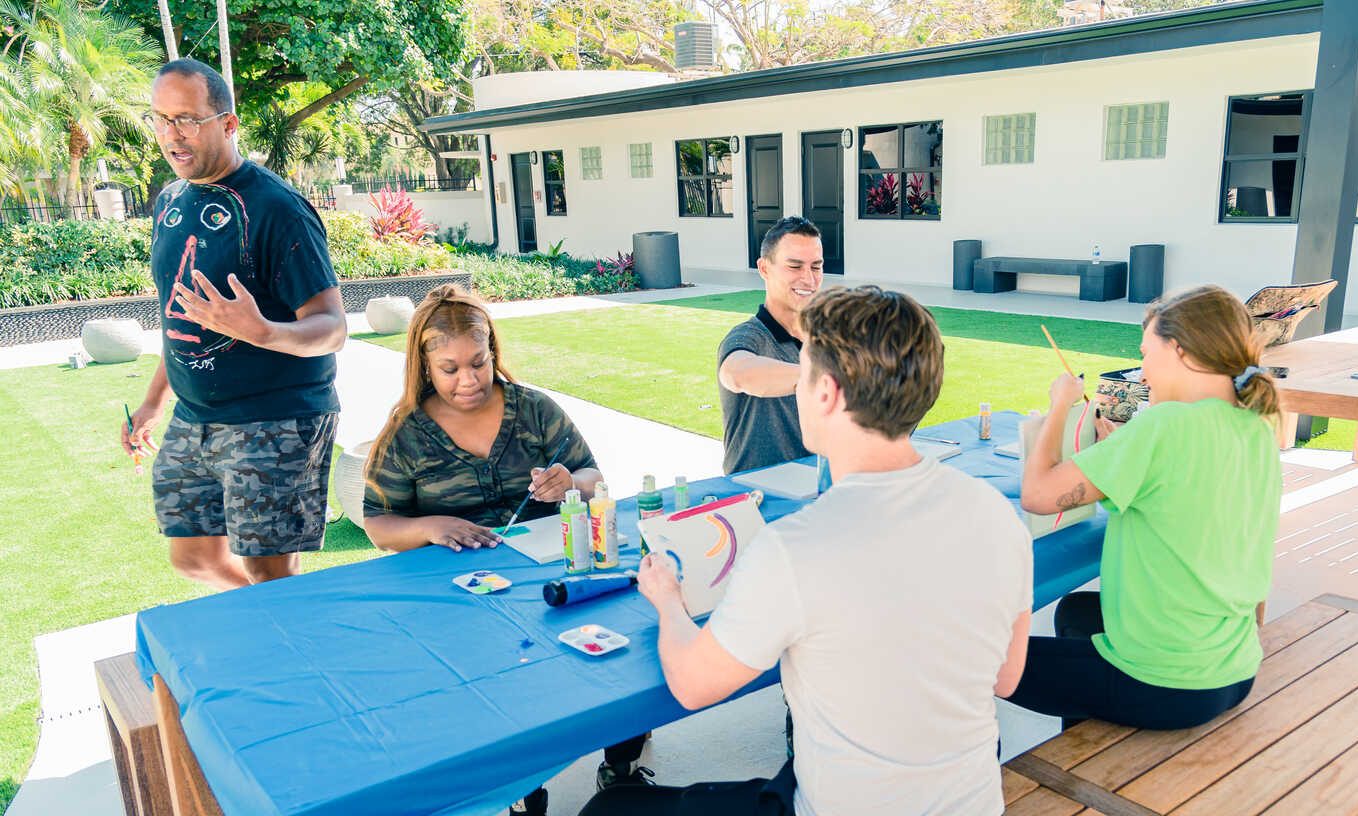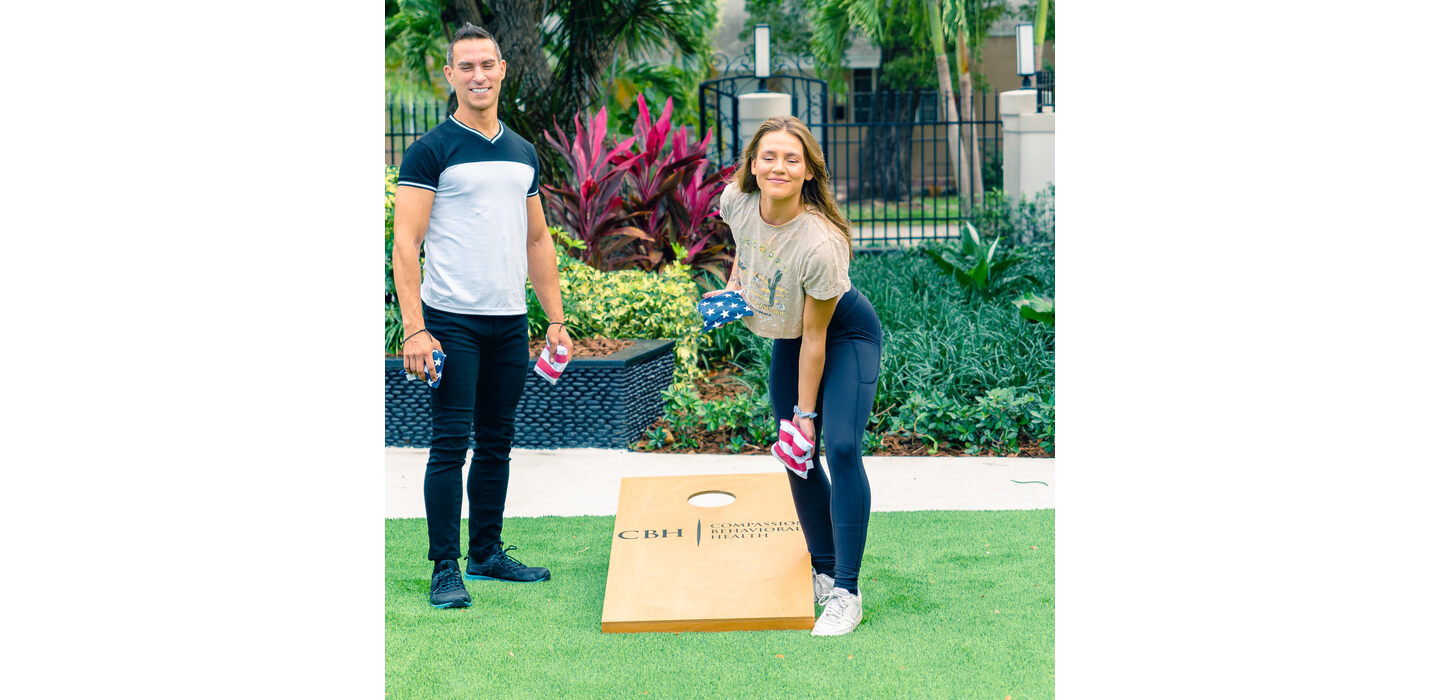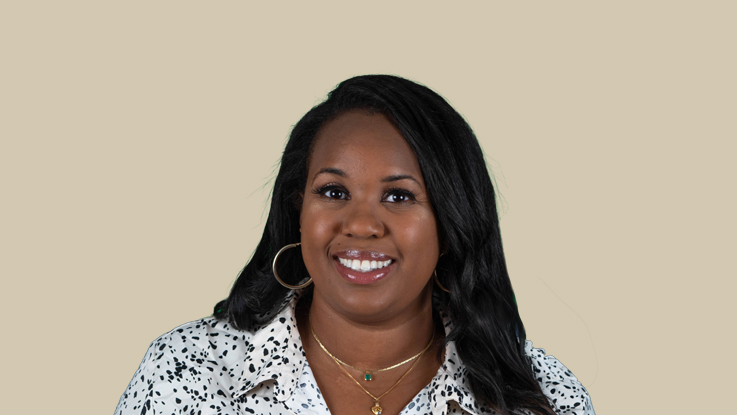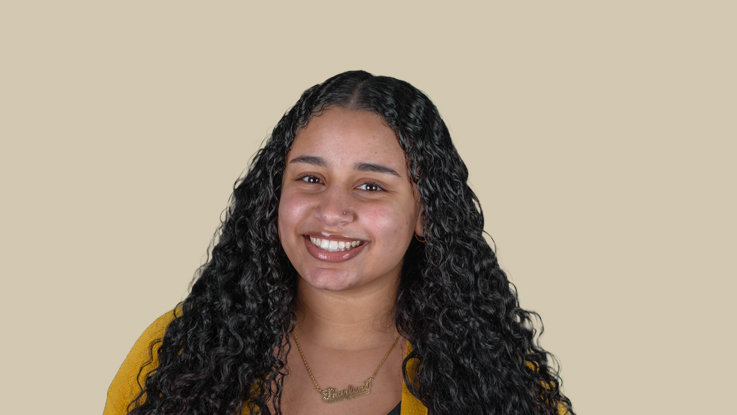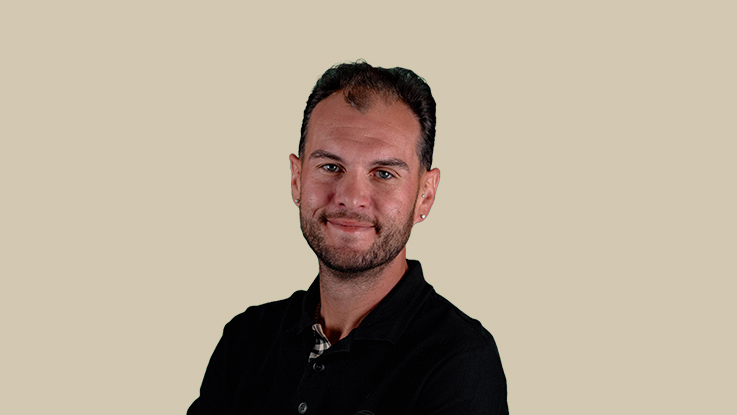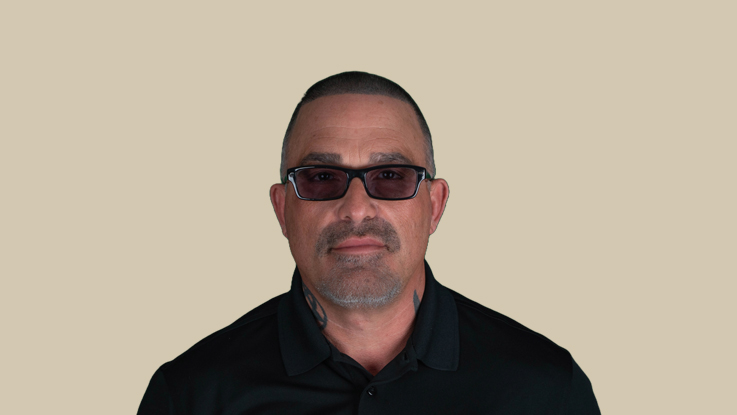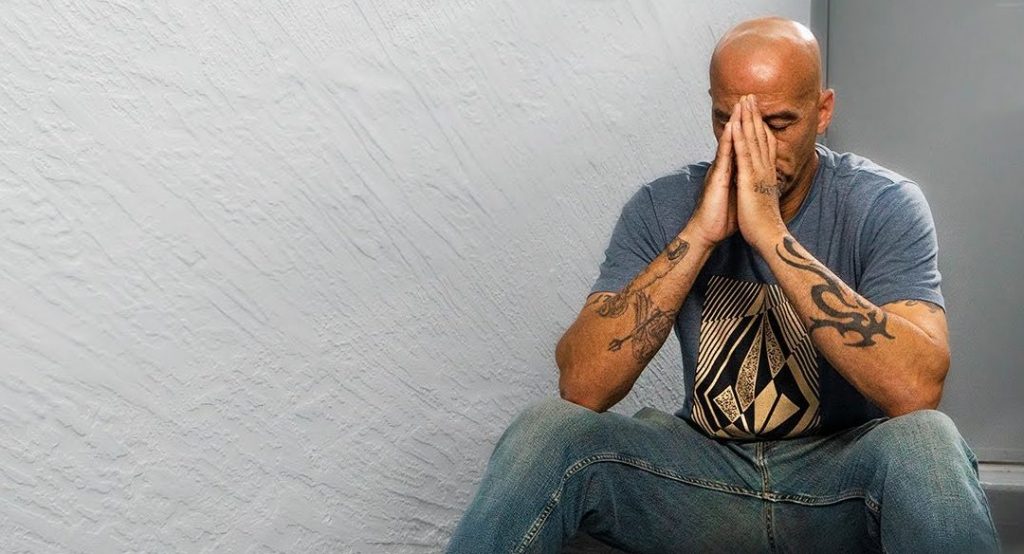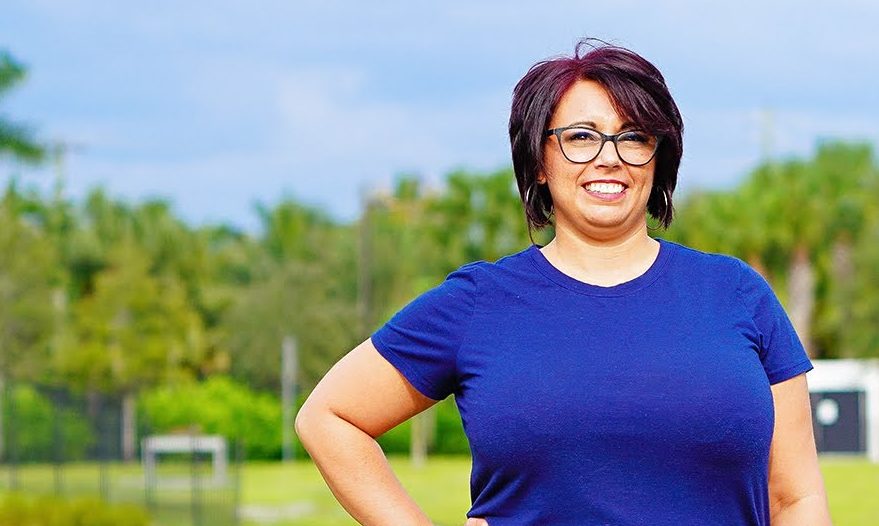South Florida is home to a diverse range of outpatient programs designed to help individuals overcome various challenges. These programs offer a flexible, comprehensive approach to recovery, allowing individuals to maintain their daily responsibilities while receiving the care they need.
What is Outpatient Programs
Outpatient programs are therapeutic interventions that allow individuals to receive mental health and substance abuse treatment without the need for overnight stays. They are designed to accommodate individuals who cannot afford to take time away from their daily responsibilities such as work, school, or family.
These programs can address a variety of issues, including substance abuse, mental health disorders, and behavioral problems. They offer a balanced approach to treatment, combining individual therapy, group therapy, and educational sessions.
Types of Outpatient Programs
Outpatient programs at CBH in South Florida can be broadly categorized into three types: traditional outpatient, intensive outpatient, and partial hospitalization programs.
Traditional Outpatient Programs
These programs typically involve two therapy sessions per week. They are ideal for individuals who require minimal intervention or those transitioning from more intensive programs such as PHP and IOP.
Intensive Outpatient Programs (IOP)
IOPs require more commitment, with participants attending therapy sessions several times a week. They are designed for individuals who require a more rigorous treatment plan but do not need round-the-clock supervision.

Partial Hospitalization Programs (PHP)
PHPs are the most intensive form of outpatient treatment, often requiring daily therapy sessions. They are suitable for individuals who need a high level of care but can safely return home at the end of the day.
Benefits of Outpatient Programs
Outpatient programs offer several benefits that make them an attractive option for many individuals seeking help. These include flexibility, affordability, and the opportunity to apply learned skills in real-world settings.
Flexibility is a key advantage of outpatient programs. Participants can schedule their therapy sessions around their existing commitments, allowing them to maintain their work, school, or family responsibilities. This flexibility often leads to higher program completion rates as participants are less likely to feel overwhelmed by the demands of treatment.
Outpatient programs are typically more affordable than inpatient programs. As participants do not need to pay for room and board, the overall cost of treatment is often lower. This makes outpatient programs a viable option for individuals on a budget or those without comprehensive insurance coverage.
Choosing the Right Outpatient Program
Choosing the right outpatient program in South Florida involves considering several factors, including the individual’s needs, the program’s approach to treatment, and the level of support provided.
It’s important to assess the individual’s needs. This includes the severity of their condition, their readiness for change, and their ability to commit to the program. A thorough assessment can help determine which type of outpatient program is most suitable.
Also, consider the program’s approach to treatment. Effective outpatient programs should offer a combination of therapies, including individual therapy, group therapy, and educational sessions. They should also provide a personalized treatment plan that addresses the individual’s unique needs and goals.
Finally, consider the level of support provided. The best outpatient programs offer ongoing support to help individuals navigate the challenges of recovery. This may include regular check-ins, access to resources, and a supportive community of peers.
Outpatient Program at CBH
Outpatient programs at Compassion Behavioral Health in South Florida offer a flexible, comprehensive approach to recovery. By understanding the different types of programs available and their benefits, individuals can make an informed decision about their treatment. With the right program, individuals can overcome their challenges and move towards a healthier, more fulfilling life.
If you’re ready to take the next step towards a healthier, more fulfilling life, Compassion Behavioral Health is here to guide you. Our personalized approach to mental health and substance use treatment ensures that you receive the care that’s tailored to your unique journey.
Conveniently located in Hollywood, South Florida, our rehab center is a beacon of hope, easily accessible and close to serene beaches, providing the perfect backdrop for your recovery. Don’t wait to reclaim your life. Call Us Today and let us help you navigate your path to sustainable recovery.




